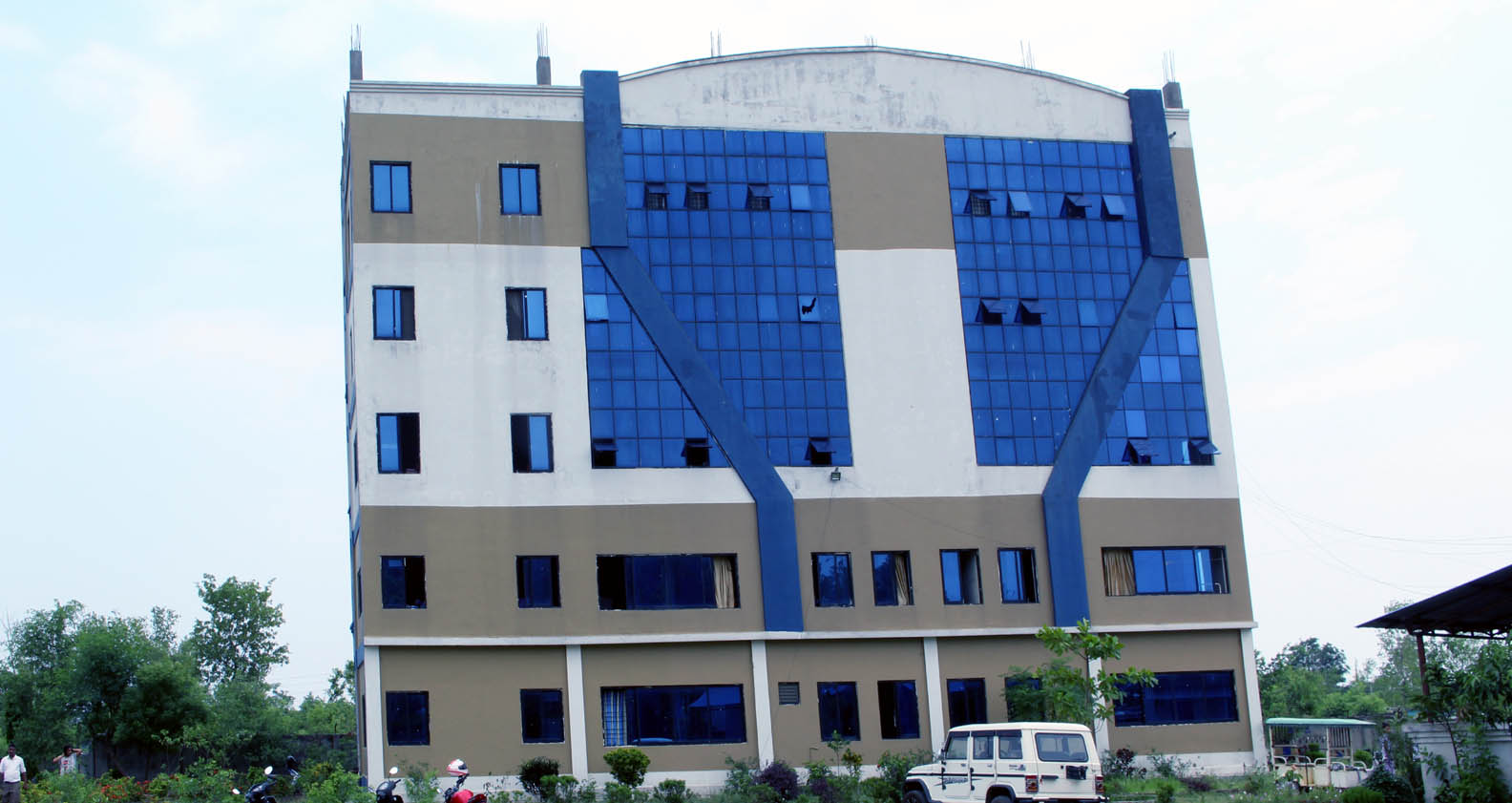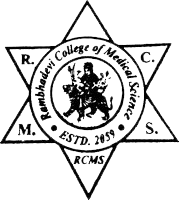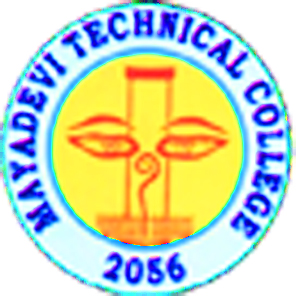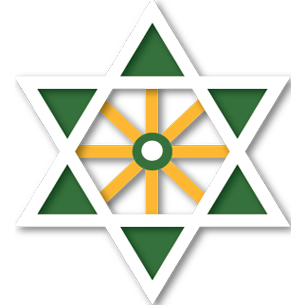Overview
Certificate in Medical Laboratory Technology (CMLT) at PSBP, Butwal
The Certificate in Medical Laboratory Technology (CMLT) program at Pashchimanchal Swastha Bigyan Pratisthan (PSBP), located in Butwal-13, Jeetgadhi, Rupandehi, is a three-year technical education course affiliated with the Council for Technical Education and Vocational Training (CTEVT). It is intended for SEE graduates who successfully pass the CTEVT entrance examination and prepares them for mid-level laboratory roles in clinical, community, and research settings.
The CMLT program at PSBP can admit 30 students annually, including 4 scholarship seats. CTEVT governs its fee structure. This course emphasizes scientific accuracy, practical competence, and diagnostic skills.

Curriculum Details
The CMLT program follows the standard curriculum prescribed by CTEVT and is delivered over three years in an annual examination system. The curriculum integrates classroom theory with intensive laboratory practices, covering:
-
Basic medical science (anatomy, physiology, microbiology, pathology)
-
Hematology and blood banking
-
Clinical biochemistry
-
Parasitology and immunology
-
Instrumentation and quality control
-
Laboratory management and ethics
-
Community health and first aid
-
Research methodology basics
Each academic year builds upon the previous one, allowing students to gradually gain competence in clinical lab procedures and medical testing protocols.
Objectives
The main objectives of the CMLT program include:
-
Preparing skilled laboratory professionals who can conduct diagnostic procedures independently
-
Training students to handle laboratory instruments and follow safety standards
-
Enabling students to interpret test results and understand underlying medical concepts
-
Supporting the development of technical reports and patient records
-
Building familiarity with national laboratory policies and health systems
Scope
Graduates of this course are eligible to register with the Nepal Health Professional Council (NHPC). They may serve in:
-
Government and private hospitals
-
Diagnostic laboratories
-
Community health centers
-
Research institutions and medical colleges
-
NGOs working in public health programs
The qualification opens doors for mid-level technician roles in Nepal's urban and rural health setups.
Learning Outcomes
By the end of the course, graduates are expected to:
-
Perform routine and special lab investigations on blood, urine, stool, sputum, and other clinical specimens
-
Prepare reagents and use instruments safely
-
Interpret common diagnostic results and suggest follow-up tests when needed
-
Follow infection control protocols and maintain accurate documentation
-
Provide technical support during community-based disease surveillance and testing
Skill Development Modules
The program focuses on both hard and soft skill development through structured learning activities, including:
-
Laboratory report preparation
-
Use and maintenance of microscopes, centrifuges, and analyzers
-
Collection of samples using proper hygiene and technique
-
Data recording and quality checks
-
Communication and teamwork in medical environments
These skills are essential for accurate and efficient lab operations.
Teaching Methodology
PSBP delivers the CMLT program through a mix of theoretical instruction and hands-on training, including:
-
Classroom lectures using structured notes and illustrations
-
Lab demonstrations and student-performed tests
-
Guided field visits to hospitals and diagnostic centers
-
Internal evaluations and feedback sessions
-
Annual practical and written examinations
This format helps students connect theory with practice, fostering readiness for clinical roles.
Admission Requirements
To enroll in the CMLT course at PSBP, candidates must:
-
Have passed the Secondary Education Examination (SEE)
-
Successfully cleared the entrance test administered by CTEVT
-
Submit all required documents as per institutional guidelines
-
Meet general health and eligibility criteria set by the council
Career Opportunities
CMLT graduates from PSBP can pursue employment in roles such as:
-
Medical Laboratory Technician
-
Laboratory Assistant in hospitals or private labs
-
Technical support in research and public health laboratories
-
Diagnostic service providers in rural health centers
-
Data entry or quality assurance personnel in lab units
Further study options include pursuing bachelor-level courses in medical laboratory science or health-related disciplines.
Scholarships and Financial Aid
Out of the 30 seats, 4 are allocated for scholarships based on CTEVT rules. Scholarships are usually provided to students from marginalized communities, remote areas, or those who perform well in entrance examinations.
Why Choose This Course?
Students interested in clinical investigation, disease detection, and laboratory service will find this program a strong foundation. It prepares them for immediate employment and future academic progression. With a focus on applied learning and reliable instruction, PSBP offers a setting that promotes competence and commitment in healthcare support roles.
Conclusion
The CMLT course at Pashchimanchal Swastha Bigyan Pratisthan is a structured technical education program ideal for students seeking practical roles in medical laboratories. With a balance of theory and lab work, the course supports meaningful career pathways in Nepal’s growing healthcare sector.





















